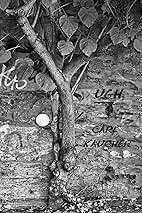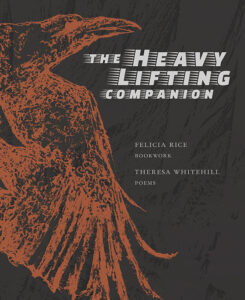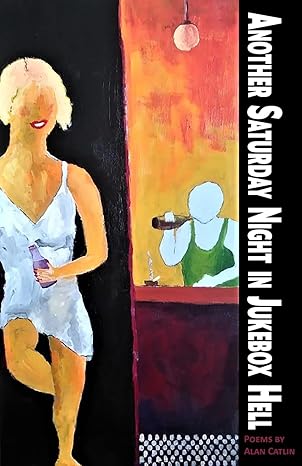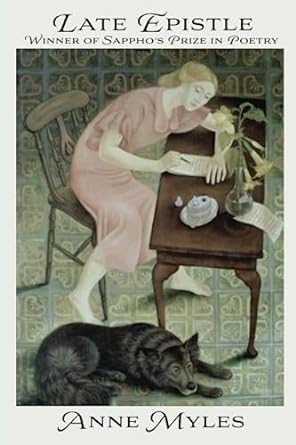Bull
.
On the sunny south side of the barn there was a lean-to
and in it was the stall for the resident bull, the minotaur
of my childhood nightmares. Come near the fence
and he would charge and the look
.
in his eyes told you he could open the locked gate
anytime he chose and we would run screaming not in the kid way
of then falling to the ground and shrieking in laughter but in solid sweaty fear
.
so the whole backyard was off limits except to the barn cat named
fuck I’ve forgotten her name I always knew her name
.
the things you think you can afford to forget in the maze of your mind
will do you in, that’s a fact—
.
that cat was fearlessly evil. She would stir up the neighborhood dogs
and restless they would pursue faster nearly snatching her tail and then
she would leap between the fence rails into the pasture
.
and the dogs would bay bloodlust and the bull out of nowhere would bear down
upon them while the cat sat on the trough cleaning her paws until
her path was cleared to saunter back to the porch
.
to beg cream. She died doing that.
Led a pack of dogs to the their doom, dove over the third rail and
dropped dead of a heart attack. Died doing what she loved most to do, died
.
at the pinnacle of her attitude. She taught me blood was the price to pay for trying
to tame her, taught me to find a job and do it well, taught me
the pure joy of standing aside after pitting pursuers one against the other.
.
lay me down in the tall grass
.
Chores and school took hours aplenty and yet
there were always more hours, and more, and more,
the gate through the pasture a magical door
through which clocks could not follow. A whetted
.
pocket knife, Army canteen, a pack
of Archways and a day went on forever.
Wearing a wristwatch, I swear, severs
us from the world. In the woods out back
.
I was knight and dragon, jockey and horse, dream-
body, gravity-spurner, wingspanner,
fire-breather, panther, sword-dancer,
always the village saved, the hostage redeemed.
.
In the wide meadows, wolves, in the hedgerows, giants,
in the timber, wild boars and bears. Though held
captive at school in the woods I could rebel,
camouflaging through corn fields, sun-striped and defiant.
.
a small price for freedom
.
Over the snow over the street over the
rocks racing under the runners, ten, twenty,
thirty miles an hour no shame then
in screaming as long as you
call it yelling, pretending
.
a push on the cross bar to the right
or left could direct your
fate now. Each corner swinging you
wide, hanging on with your whole
body learning if you can’t stay
on you must roll or risk sled’s runners
slicing over hands or calves or
.
face. Three, four, five together,
ropes taut from sled to hitch
of truck driven always by uncles
always by uncles aplenty.
.
Pulled uphill the first time
you knew your body’s own
full weight. Rushing down, learning
to dig in with the toes of your
boots for sliding under the truck would
be disaster or so we’d been warned,
.
no one had ever seen it done, the only
of our limb-risking stunts with
no medaled-hero of consequence.
.
How many boys had taken this ride?
How fewer girls, always the most fearless
of any pack? How those girls who tied
their fate to trucks could the next day
walk the hallway ungroped as any boy,
the rush of fear
proud price to pay.
.
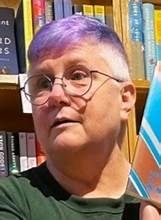
Elliott batTzedek lives in Philadelphia. Her poems and translations have been published in: American Poetry Review, Massachusetts Review, Lilith, I-70 Review, Hunger Mountain Review, Humana Obscura,Sakura Review, Apiary, Cahoodaloodaling, Naugatuck River Review, Poemeleon, Poetica, Philadelphia Stories, and a Split This Rock poem of the week. Her chapbook the enkindled coal of my tongue was published in 2017 by Wicked Banshee Press. A chapbook of translations from Shez, A Necklace of White Pearls, is forthcoming from Moonstone Press in 2024.
.
.
.
.
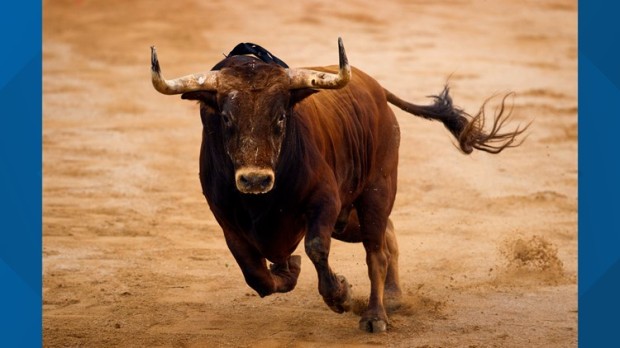
 Elliott batTzedek lives in Philadelphia. Her poems and translations have been published in: American Poetry Review, Massachusetts Review, Lilith, I-70 Review, Hunger Mountain Review, Humana Obscura,Sakura Review, Apiary, Cahoodaloodaling, Naugatuck River Review, Poemeleon, Poetica, Philadelphia Stories, and a Split This Rock poem of the week. Her chapbook the enkindled coal of my tongue was published in 2017 by Wicked Banshee Press. A chapbook of translations from Shez, A Necklace of White Pearls, is forthcoming from Moonstone Press in 2024.
Elliott batTzedek lives in Philadelphia. Her poems and translations have been published in: American Poetry Review, Massachusetts Review, Lilith, I-70 Review, Hunger Mountain Review, Humana Obscura,Sakura Review, Apiary, Cahoodaloodaling, Naugatuck River Review, Poemeleon, Poetica, Philadelphia Stories, and a Split This Rock poem of the week. Her chapbook the enkindled coal of my tongue was published in 2017 by Wicked Banshee Press. A chapbook of translations from Shez, A Necklace of White Pearls, is forthcoming from Moonstone Press in 2024.
 Janet Faller Sassi’s work has appeared recently in the American Writer’s Review, the Last Call, Chinaski Anthology, and VIA(Voices in Italian Americana.), ‘Untapped New York’, ‘Intrepid Times’, ‘Splice Today’ and ‘City Limits’. She earned a Master’s in English-Creative Writing from Fordham University
Janet Faller Sassi’s work has appeared recently in the American Writer’s Review, the Last Call, Chinaski Anthology, and VIA(Voices in Italian Americana.), ‘Untapped New York’, ‘Intrepid Times’, ‘Splice Today’ and ‘City Limits’. She earned a Master’s in English-Creative Writing from Fordham University 
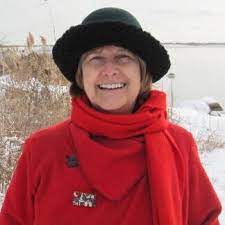 Jennifer M Phillips is a bi-national immigrant, painter, Bonsai-grower. Two chapbooks are Sitting Safe In the Theatre of Electricity (i-blurb.com, 2020) and A Song of Ascents (Orchard Street Press, 2022, Phillips’ work appeared in over 100 journals.
Jennifer M Phillips is a bi-national immigrant, painter, Bonsai-grower. Two chapbooks are Sitting Safe In the Theatre of Electricity (i-blurb.com, 2020) and A Song of Ascents (Orchard Street Press, 2022, Phillips’ work appeared in over 100 journals.

